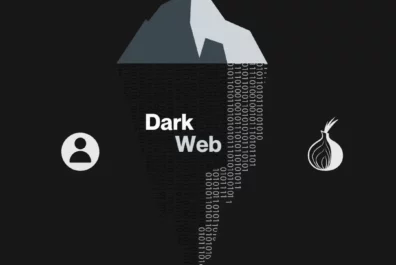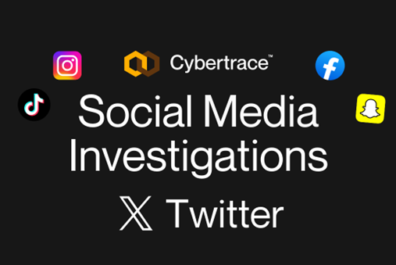New Scam Alert!
Email from your own email account
Blackmail attempt
Cybertrace analysts have reviewed the content of a new and convincing scam which appears to send you an email from your own email account. The scammer advises they know your passwords and have downloaded your content, including potentially compromising material (see a real copy of this scam at the bottom of this page).
A key component of the scammer email is that they attempt to blackmail you and provide a deadline for paying via Bitcoin. This is a sophisticated scam where the email is sent using spoofing technology. This means the scammer’s email has been sent from a fake email address and, for this scam, they appear to send it from your own email address! Don’t worry: this is fake, and the email wasn’t sent from your own account.
Pretend to know password – not true!
The scammer claims to know the password for your email account, however, they won’t disclose it. This is because they do not know your password; they only attempt to convince you that they do!
There are variations of this scam, including the Bitcoin wallet details, which tends to indicate more than one scammer is active. Once a scam is proven successful, the processes and techniques are often copied by other scammers.
Automated distribution
In more sophisticated versions of this scam, Cybertrace analysts have seen the mail server name recorded in the email. This tends to provide credibility to the scam and convince the victim that the email was sent from their email address. Again, don’t worry: the mail server name is easily discoverable and this information does not mean that scammers accessed your email account! The mail server name is likely automatically extracted and inserted into the email to the victim. In fact, it is highly likely the whole process is automated based on a bulk email list and the scammers actual have no idea who the emails are sent to. To emphasise this point, Cybertrace also received this same email into our spam folder. It is highly unlikely that a scammer would deliberately attempt to scam a cyber-fraud investigation company, considering we are one of the few Australian investigation firms that can find these scammers!
Spam filters help
The scammers are unfortunately persistent and will send up to 20-30 emails to the potential victim. If these emails are not captured in the spam filter, the victim will likely receive many emails, which is frustrating. It is possible to flag the emails as spam; however, caution should be taken as the email address listed as the sender is the victim’s email address. If the email address is attached to a business web domain, this could lead to all emails from the business domain being flagged as spam by the external spam filters.
Without attempting to promote any brand or service, we find that Gmail and Outlook have highly effective spam filters that detect this type of scam and remove it from their inboxes. If your spam filter did not remove this content, we suggest switching to a more effective service provider. If you have your own web domain that includes email, this can be attached to G-Suite, which then allows access to your email via Gmail. No doubt there are other great service providers as well, so do your research and decide what is best for you and/or your business.
What should I do?
If you receive this email or a similar one, Cybertrace recommends that you delete it. However, before deleting, please send a copy to [email protected]. This will allow our analysts to assess new scams and continue to notify the public of the latest scams happening in Australia.
Stay cyber-safe and stay in front of the scammers.
If you’ve been the victim of this scam or another and would like to know what your options are, please contact us for a free confidential consultation.



I’m been scam from this website..please help me guys ASAP
Hi Afandi, email sent.